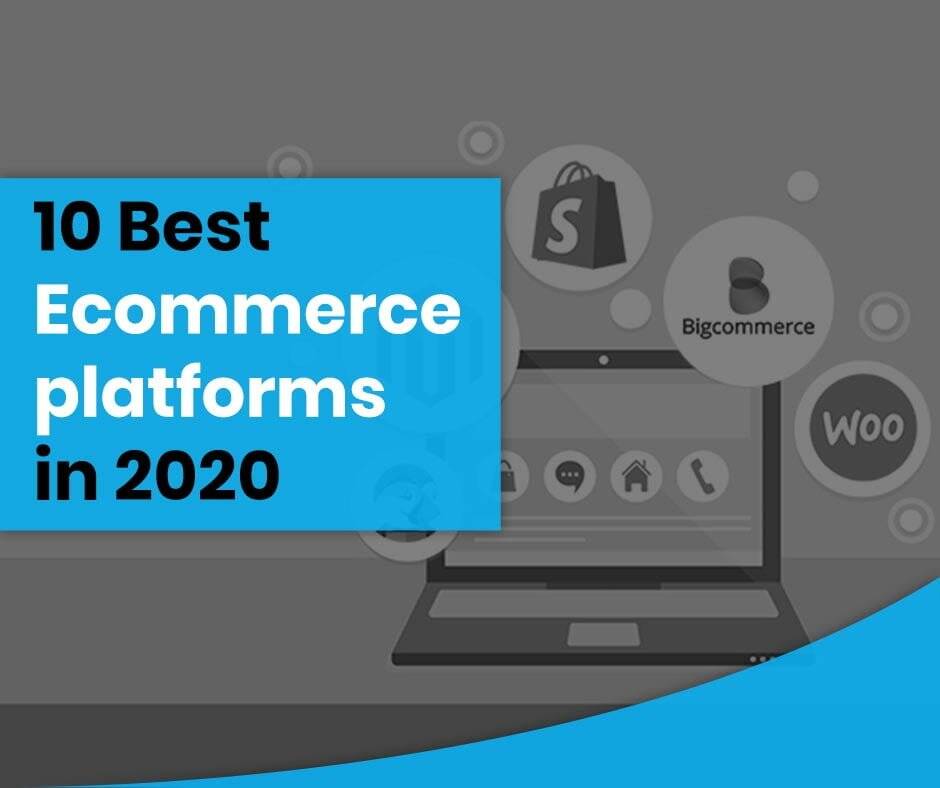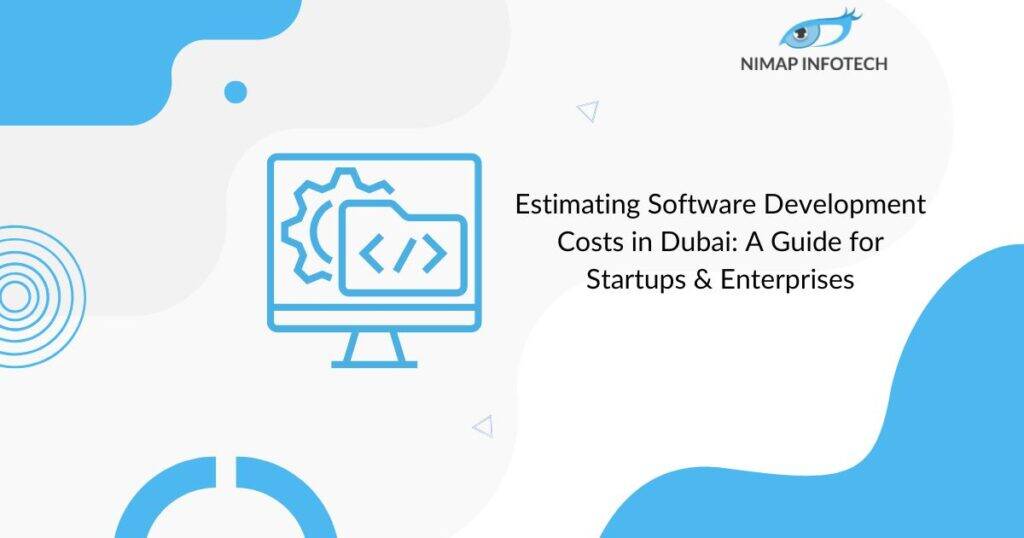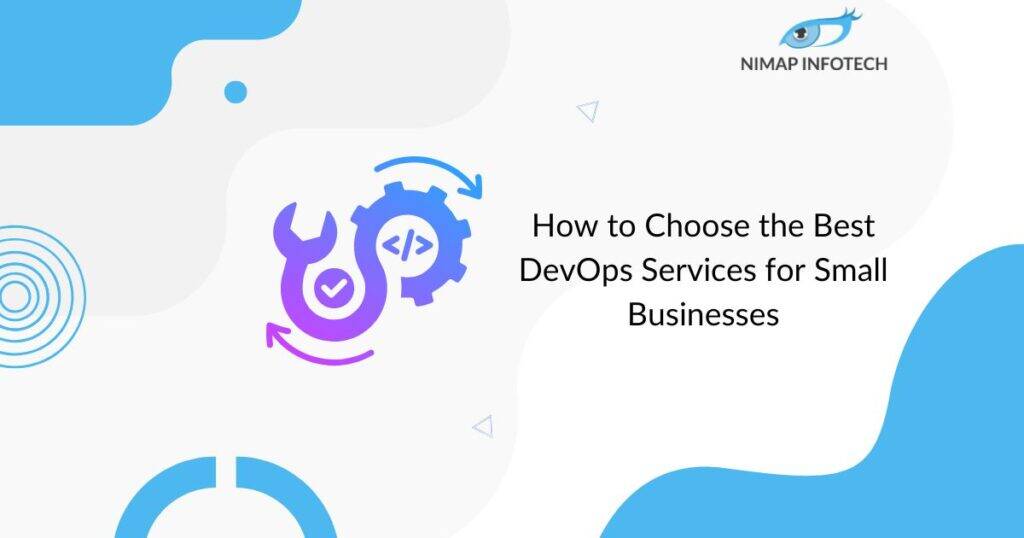Businesses with online shops have more sales and more potential customers. They have the opportunity to market their brand even on the other side of the world.
However, moving your shop online doesn’t just happen in a second. There are questions to ask before you make the final decision. There are a lot of things that you will need to ask yourself, things like sorting out accounting for ecommerce companies would be a good place to start. Once you’ve done this, you can then think about whether going online is feasible or not. Regardless of whether you do choose to go online or not, you should have the appropriate general liability insurance to cover you against any lawsuit against your product or service.
Looking for the best platform that can serve your e-commerce shop building needs should not be a daunting one. It depends on what services you are looking for and what amount of price you are willing to pay for the features that you get. Often it happens that we may settle for multiple platforms and get overwhelmed by the features that is provided by these platforms. We should carefully select and analyse the features that are relevant to our needs. This can take some time as we should check if the features that we get support out shop building needs satisfactorily.
Luckily, we are here to help you decide on a particular aspect of building your online store.
Table of Contents
ToggleWhat is an Ecommerce platform?
A platform is a plan of action that makes esteem by working with trades between autonomous gatherings, which typically unites clients and makers. Platforms make networks and markets that permit clients to communicate and execute through network impacts. The shift to computerized and trend-setting innovation in trade has had an impact on the manner in which we carry on with work, set out the two assets and open doors for business practitioners.
The individuals who need to jump all over this chance can’t overlook the utilization of computerized and innovation in selling items. Considering that, online stores are reasonably supplanting physical stores.
Brands endeavor to prevail with their first web-based stores, yet the outcomes don’t come in assumption. One of the most awful mix-ups they made is to accomplice up with some unacceptable eCommerce platform.
In a general sense, an eCommerce platform is the foundation of an internet-based retailer. An eCommerce stage is a product wherein organizations send-off, have, and deal with their internet-based stores. The stage gives includes that permit vendor to assemble a marked web-based customer-facing facade to find and sell their items and administrations.
A web-based business, similar to any remaining organization, needs extra programming to oversee backend capacities like bookkeeping, request the board, stock administration, and client assistance.
It’s feasible to sort out a wide range of programming answers for making a total stage, however, the cycle is very muddled and causes your site continuous support and wasteful capacities.
Luckily, another type of business programming can take care of this issue by coordinating all fundamental trade and business functionalities into a solitary stage.
With regards to the eCommerce platform, there is a basic term you want to comprehend, “stage plan.” The stage configuration isn’t just about thinking about specialized factors. It’s tied in with understanding and making highlights for the entire business activity.
It makes an incentive for the two clients and stores as well as constructs an organization around them. Recollect that an eCommerce platform is a plan of action, in addition to a piece of innovation.
Where Should I Set Up my Shop?
Many places on the internet offer space for business owners to build their shops. You could either choose from selling through a marketplace, an e-commerce platform, or both. But, there are factors you have to consider based on your business’s needs.
It’s not only about where to start, but other questions you need to ask are the following:
- What’s your budget?
- What features do you need to manage your shop?
- Will your chosen space be able to handle the growth of your business?
- Will your chosen platform allow you to think about payment methods and shipping services?
One particular place you can start building your shop is through an e-commerce platform. Not only are e-commerce platforms a great place to start for beginners, but some platforms give you access to payment and shipping tools, which allows you to get your product to your customers without worry. These platforms are software applications where most business owners start their online shop. There are hundreds of these platforms available. Each of these platforms has excellent features such as alternative payment methods and shipping tools with access to services similar to Plexus Freight, but you have to know what you need before deciding to choose from the endless list of options.
For you not to feel completely overwhelmed, we have put together different e-commerce platforms that you can choose from. Take a look at the list below and see which one you like the most.
SHOPIFY
Shopify is the most popular platform used by businesses online. The company has established its name since 2004 and has built its way up.
Now they are about to hit a million users. Shopify is often sought out by businesses because of its easy to navigate interface. This platform is best for beginners because there are no required coding skills, and it offers technical support when needed.
Price starts at $13 per month.
WOO COMMERCE
If you are a content creator or you have an existing blog on WordPress, and you want to monetize it, WooCommerce can be the platform for you.
It’s a free plugin for WordPress users who want to include a shop on their website.
WooCommerce is best for small businesses that don’t require a lot of traffic. It has basic features that are easy to use, and it includes a secure payment processor.
An additional fee is required if you want to integrate the shopping cart into your website.
BIGCOMMERCE
This platform is best for startup businesses and enterprises. It’s packed with features such as advanced security, integration with email marketing services, unlimited staff accounts, and more.
Despite being expensive, many merchants prefer to use BigCommerce to run their online stores.
Price starts at $29.95 per month.
MAGENTO
One of the leading and popular names in e-commerce is Magento. It’s a platform that best suits larger businesses.
Even though it caters to businesses with a large number of stocks, it still has features that make it easy to set up and control. Shop owners can manage their store without trouble.
If assistance is needed, Magento has excellent customer service. They have developers on the side, ready to assists any merchant who requires customization.
Other features you can enjoy with Magento:
- SEO tools
- Integration of Google Analytics
- Landing page creation tool
- Checkout, payment, and shipping tools
- Web management features
Magento has a free basic plan. If you want to experience its full features, try their paid plans.
SQUARESPACE
Another place to build a shop for beginners is through Squarespace. This platform allows users to build a website and an e-commerce store in one place.
It’s user-friendly features and navigation makes it an excellent platform for beginners, and businesses with a few product listing.
The disadvantage of using Squarespace is the restrictions when it comes to customizing the shop. Despite seeking help from professional developers, they won’t be able to change some features of your shop because of Squarespace’s constraints.
The basic plan for the online shop is $26 per month.
OPENCART
One of the best open-source platforms that work like Magento is OpenCart. It allows users to add plugins or add-ons to extend its basic features. However, the plugin selection is not as large as Magento.
OpenCart requires skills or patience when setting up the shop. Therefore, if you are only starting up, OpenCart is not best for you.
ZEPO
This platform is one of the leading e-commerce platforms in India. It’s a Mumbai-based company that has begun since 2011. It has simple features that beginners can use to navigate or set up their shop.
Other features of Zepo:
- Courier services
- Payment gateway
- Best for newbies with its easy interface
- Faster speed
Zepo, aside from being one of the best e-commerce India has, it powered multiple small businesses. If you are planning to open an online shop, Zepo can help you with that.
Also Read: 5 Ways to Optimize eCommerce
WIX
Wix is similar to Squarespace. It has hundreds of themes and an easy way to handle its editor. This platform is often suitable for beginners or small businesses with no skills in setting up an online shop.
However, if you are looking to grow your store into a bigger one, Wix doesn’t have the ability to expand. Therefore, it’s best to use a platform that allows scalability.
Wix’s e-commerce plan starts at $17 per month.
SHOPIFY PLUS
If you have outgrown your Shopify account, it’s time to take one step further. Shopify Plus is a platform that can manage huge volumes of orders, large traffic, and advanced customization for online shops.
Despite its complex set up, Shopify Plus works best for larger businesses.
Other features of this platform:
- Boost customer engagement
- Improve sales
- Increase brand awareness
- Excellent customer support
- Increase online shop speed
VOLUSION
Last in this 2022 list of Best E-commerce Platform is Volusion.
Volusion is a scalable platform that is best for startup businesses that are looking to expand or grow in the future. It offers tiers/plans for a small price for startups and higher costs for bigger businesses.
Other features of Volusion includes:
- Easy setup
- Inventory management
- Unlimited product listing
- Can connect or integrate with other tools or apps
- SEO management tool
- Built-in CRM
- Social media selling tools
Volusion has a 14-day free trial. If you have decided to give this platform a try, their paid plan starts at $29 per month.
Conclusion
When choosing the right e-commerce platform, it ultimately boils down to what you need for your business. You may choose the most common platform to run your shop, but popularity is one thing. Sometimes a platform may be popular but will disappoint the user because it is not what they often need.
Some platforms mentioned are open-source, and this becomes vulnerable to attacks. If you want to have a secure online shop, choose a platform that offers a security feature.
Now, if you have decided what you need, it’s time to choose which platform from the list will work for your online shop.
AUTHOR BIO
JOHN OCAMPOS
John Ocampos is an Opera Singer by profession and a member of the Philippine Tenors. Ever since, Digital Marketing has always been his forte. He is the Founder of SEO-Guru, and the Managing Director of Tech Hacker. John is also the Strategic SEO and Influencer Marketing Manager of Softvire Australia – the leading software eCommerce company in Australia and Softvire New Zealand.
Author
-

Sagar Nagda is the Founder and Owner of Nimap Infotech, a leading IT outsourcing and project management company specializing in web and mobile app development. With an MBA from Bocconi University, Italy, and a Digital Marketing specialization from UCLA, Sagar blends business acumen with digital expertise. He has organically scaled Nimap Infotech, serving 500+ clients with over 1200 projects delivered.
View all posts








